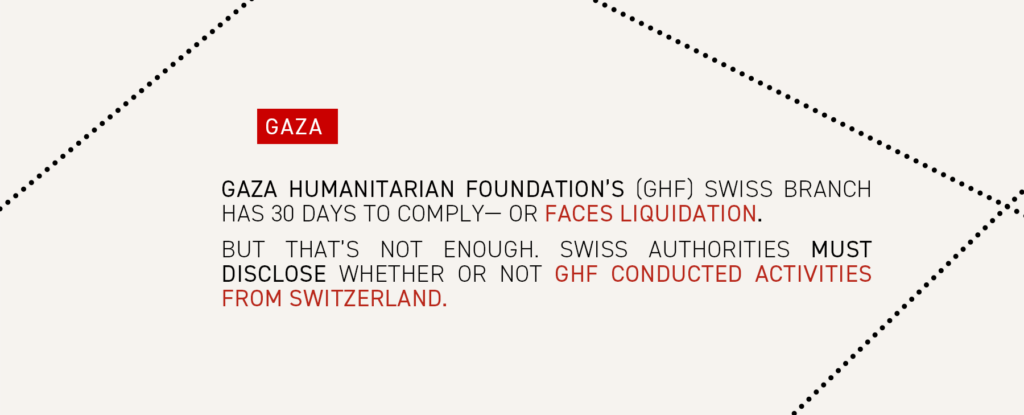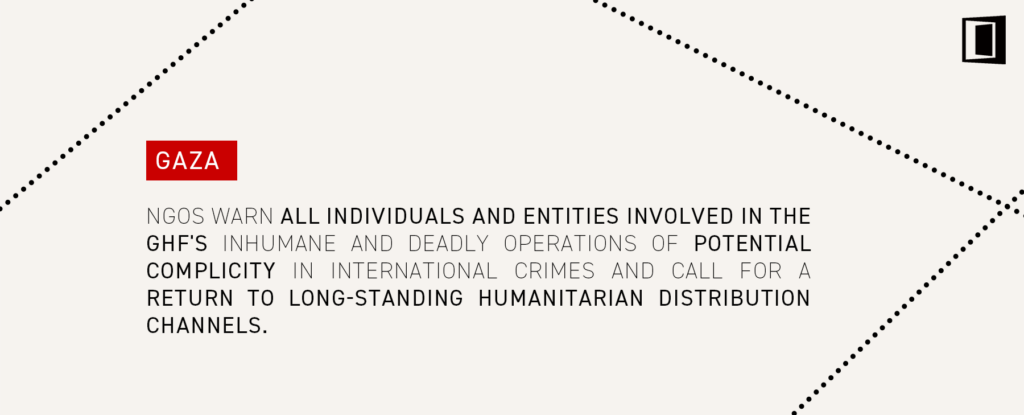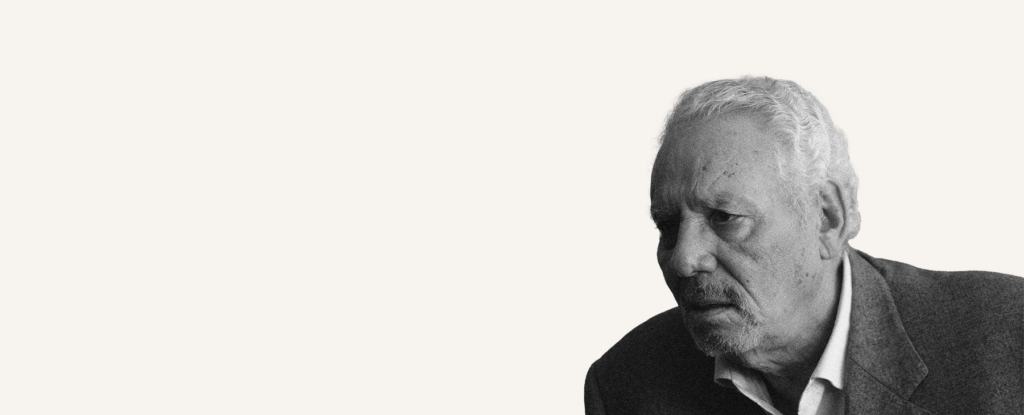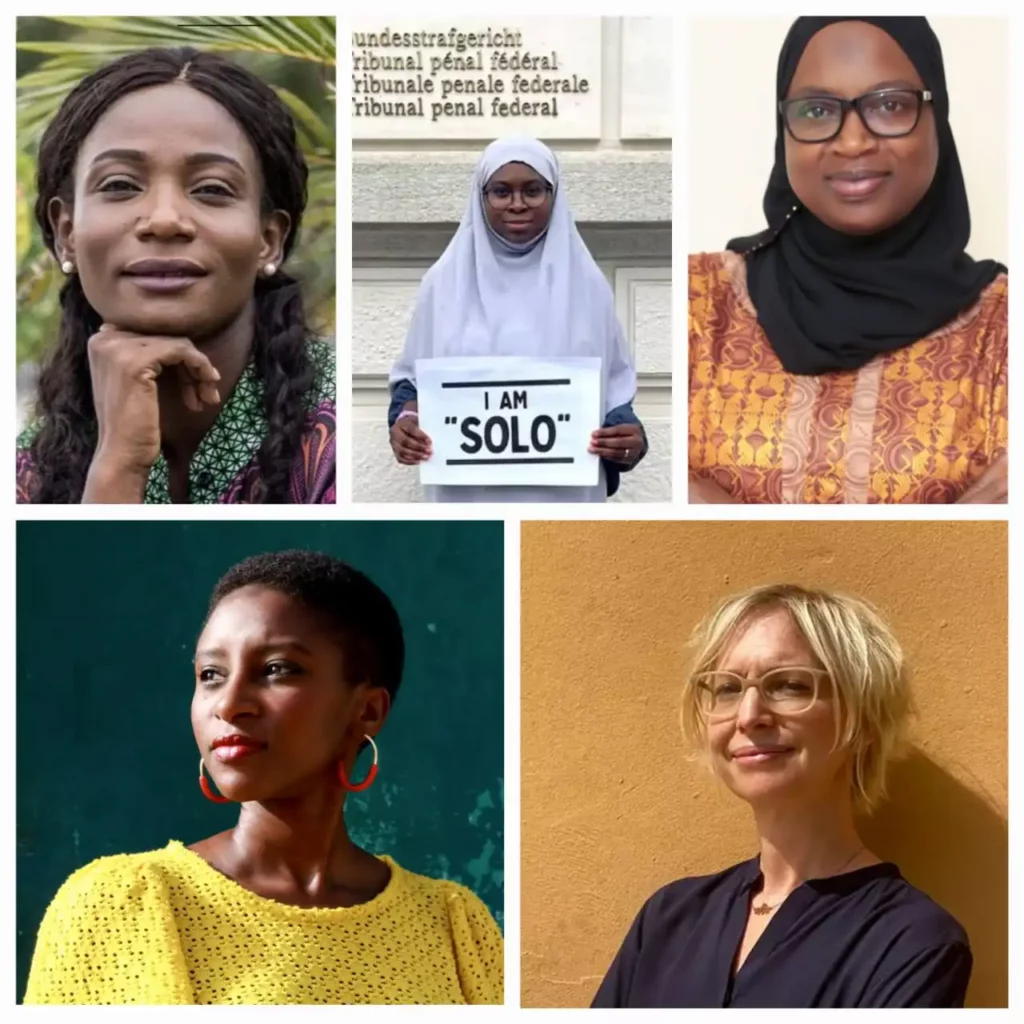Kavumu case: the key role of local actors
Despite threats and intimidations on behalf of those whom they disturb, the Congolese actors stood firm. Attorney Charles Cubaka Cicura is the spokesperson for the plaintiffs’ lawyers in the Kavumu trial. He gives us his account of the facts.
Can you tell us how the Kavumu case started?
The local actors are at the origin of the file because they are the ones who did the lobbying so the state and other international partners would get involved in the case. They are also the ones standing alongside victims of human rights violations. The situation is often too dangerous for victims to denounce their aggressors themselves because the risk of reprisal is too great. Therefore, the local actors take responsibility for denouncing and documenting the violations with which they are confronted.
In the DRC, we face multiple challenges with respect to investigations, logistical and financial means, transportation…This is why I believe that a collaboration with several partners is a step toward the success of a trial.
How serious were the threats against the witnesses during the trial?
The threats were very real. Several people had already been killed by Jeshi La Yesu (Jesus’ Army), Mr. Batumike’s militia. Men and women testified covered from head to toe. It was necessary because troublesome witnesses were being systematically executed. The murder of human rights defender Evariste Kasali Mbogo, who denounced the Kavumu crimes, is proof of that. But there were many others…
Nevertheless, some people testified undisguised and I fear for their safety.
What about your safety? Did you feel that you were in danger at any time during the investigation or trial?
During the trial, we were primarily concerned that the militiamen would kick us out of the hotel where we were sleeping. But thank God that did not happen.
Being a lawyer is always risky. One never knows where the danger will come from. Before Kavumu, I had already been the target of several threats. But I stand firm and I have to accept the risks of the job. Ever since childhood, I have hated impunity and injustice. That is why I decided to become a lawyer – to do my part in the fight against impunity.
The defence lawyers used a few “dilatory” tactics during the trial. How did you and the other plaintiffs’ lawyers react to these setbacks?
Within the collective of plaintiffs’ lawyers, we reacted every time by relying on the legal texts in order to cut these manoeuvres short. We benefited from the support of TRIAL International, especially on the legal front.
Batumike did not want the trial to take place and for the truth to be revealed. He wanted to preserve his immunity as provincial deputy at all costs, in order to continue receiving his wages. It seemed unimaginable to him that his constituents discover his criminal acts.
Are you, and the victims, satisfied with the verdict?
We were satisfied with the verdict. Now we must work to ensure that the victims receive material reparations. The torturers were ordered to pay damages but I am disappointed that the reparation amounts were not in proportion to the harm. 5000 USD for each victim cannot repair the harm suffered. There is still the problem of recovering these funds because most of the defendants do not have the means to give this money to the victims…
What does this decision represent for the fight against impunity in the DRC?
Overall, this was an important day for the fight against impunity in the DRC. People who thought they were untouchable because of their social standing learned that respect for the rule of law applies to everyone. Moreover, the trial gave the offenders and those who might follow in their footsteps good reasons to pull back.
Of course, the number of crimes remains enormous and the road ahead is long. But if every time, we fight to repress the perpetrators of these crimes, we will have helped lower the rate of impunity and thousands of people will access justice.
Profile of Attorney Charles Cubaka Cicura
After his university studies, Attorney Charles Cubaka Cicura completed several trainings on international criminal justice with Lawyers without Borders. Through TRIAL International, he completed trainings on representing victims of grave crimes before Congolese jurisdictions and regional and international human rights protection mechanisms.
Attorney Cubaka Cicura was then able to bring his skills to bear in several cases. These include the cases of Serge Maheshe – a Radio Okapi journalist murdered in Bukavu in 2007; the case of Colonel Kibibi, a commander of the Armed Forces of the DRC (FARDC), convicted in 2011 of crimes against humanity; the case of warlord Kizima Sabin Lenine, sentenced in 2014 to life in prison for crimes against humanity; and the case of Colonel Becker in 2017.
Attorney Cubaka Cicura now wears two hats: lawyer practising in Bukavu, since 2006, and Supervisory Instructor at the Official University of Bukavu.










